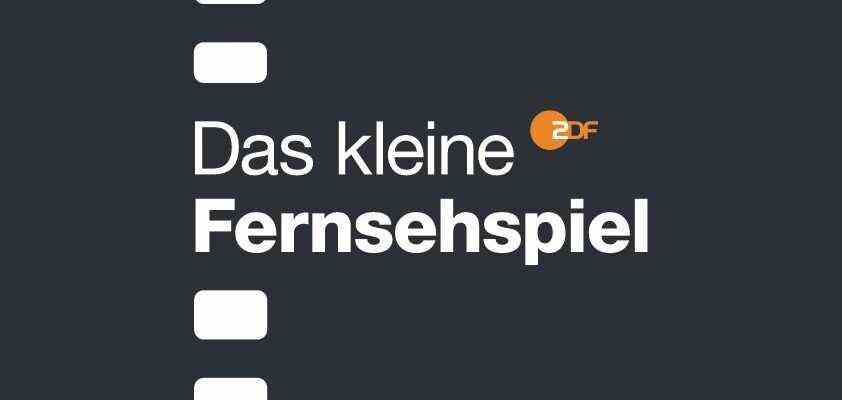Men once made history, some even made television history. Eckart Stein was one of them. As has only now become known, he died on September 17th at the age of 84 in Mainz. By law, his sponsored children should now all assemble in his name and celebrate their Padrone once again. Rosa von Praunheim, Jim Jarmusch, Edgar Reitz, Elfi Mikesch, Alexander Kluge, Christian Petzold, Tom Tykwer, Wolfgang Petersen. Many, whom he helped on their feet with good, honest fee money, are no longer alive themselves: Rainer Werner Fassbinder, Derek Jarman, Theo Angelopoulos.
For a quarter of a century, from 1975 through the whole leaden Schmidt-Kohl era, Stein directed “Das kleine Fernsehspiel”, which under his leadership and with a small budget was allowed to afford a little more than the ZDF television council and aspiring television critics like Edmund Stoiber otherwise considered broadcastable. Stein came from the theater; he had been a dramaturge at the Munich Residenztheater before switching to the newly opened Second German Television in 1962, which urgently needed stories. Still quite theater, he first worked on a play by Prosper Mérimée there, but the new German film has long since moved away from the theatrical, found its way outside or into the backyards, which has not been suitable for cinema since the workers’ films of the late Weimar Republic was.
Of course one tried to push stone to Arte
Fassbinder shot the “trader of the four seasons” (1973), Helke Sander her feminist manifesto “The all-round reduced personality – Redupers” (1978), Antonio Skármeta “With burning patience” (1983). On television, Herbert Achternbusch once said, an elephant is the size of a mouse, but television offered the young filmmakers a mouse-sized budget for experiments. In the whole of America Jim Jarmusch could not have raised the money for “Stranger than Paradise” (1984), and despite the generous British film funding, Derek took advantage of Stein’s offer for “The Last of England” (1987).
“Das kleine Fernsehspiel” was actually small in the beginning, shorter than 25 minutes, and ran in the evening program. From 1973 it became part of the main program and over the years it moved deeper and deeper into the night when the program, which was bought at Leo Kirch’s dearly, was dispatched. Of course, attempts were made to deport stone to Arte, but the quota was only invented towards the end of his term in office. So he was able to work on his “provocative innovation institute for everyone” for a long time and contribute to the global reputation that German film actually enjoyed for a short time. Stein received the usual awards, including the French Legion of Honor, but what pleased him most, as he assured him, was that forty of his small and large television plays were shown in the Moscow Film Museum.
When film was still a film and not Arthaus, Stein financed “Rosen für Afrika”, the last film by German-Iranian Sohrab Shahid Saless, for a next project, what an eternal cultural disgrace, there was no more money in Germany. If they can work it out at ZDF, then they will bring a Eckart-Stein retrospective in the next few months, possibly late at night. That would be film history.

